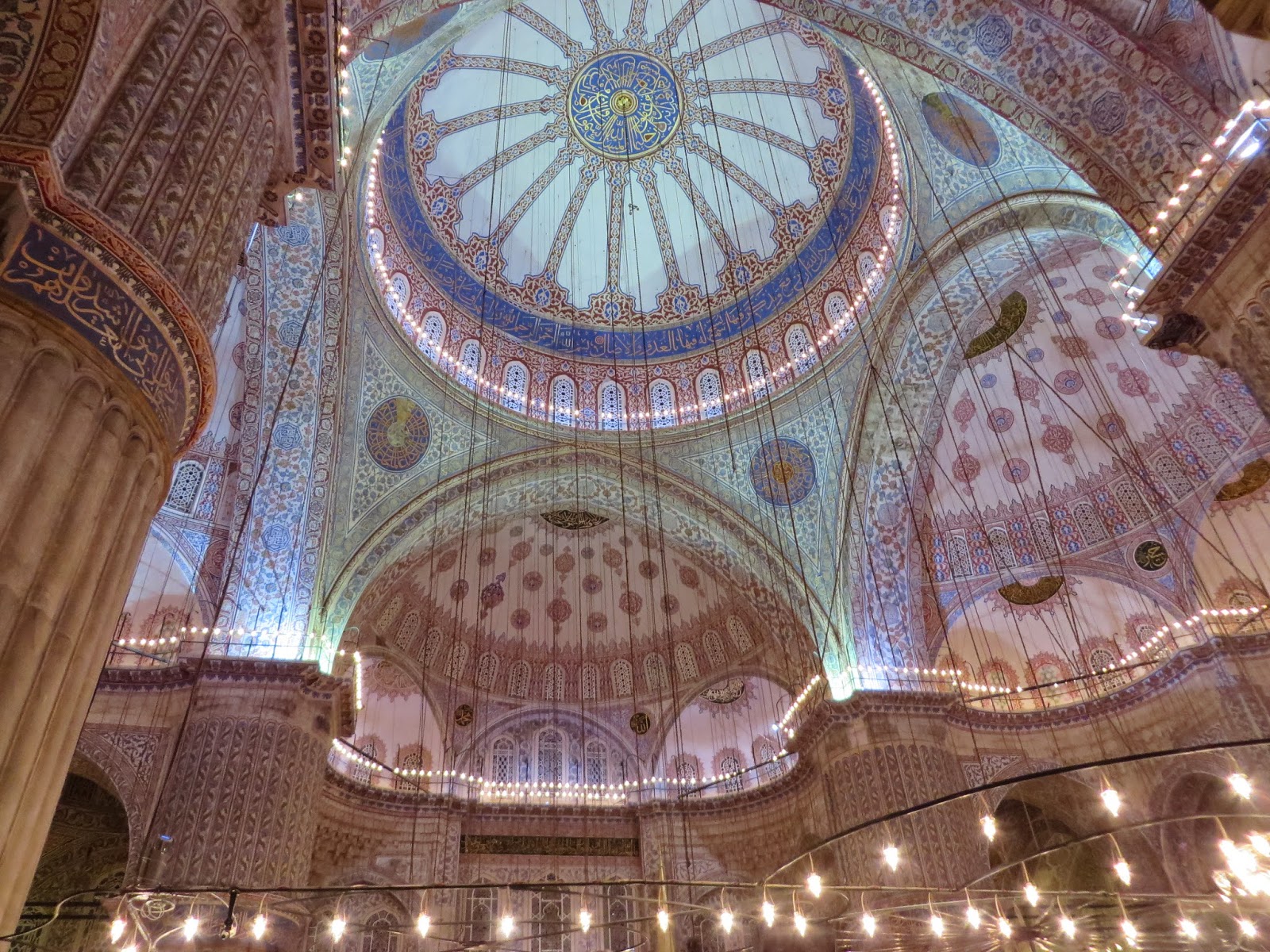The Kurdish people have very rarely lived an autonomous lifestyle. Abdullah Ocalan talks about them suffering under the Assyrian and Scythian empires, being conquered later by Alexander the Great, coming under Arab rule following the rise of Islam, being invaded by the Mongols a few centuries later, then coming under Ottoman rule in the 16th century. Britain and France are famous for redrawing borders in the middle east following World War One, and, like Palestine, the Kurdish people were largely ignored. Rather than having their own land, the Kurdish people found themselves divided between four different nations; Turkey, Iraq, Iran and Syria. All nations sought to suppress any Kurdish hopes for independence, and some even sought to eradicate Kurdish culture altogether, forcing the people to speak the national language, whether Arabic, Persian or Turkish, and even refusing to acknowledge the existence of a separate Kurdish identity. In more recent years the Kurdish people of Iraq of course suffered a great deal under the Saddam regime.
 |
| The sun sets in Erbil |
 |
| At the lake |
Over the past decade the Kurdish people have carved out their own semi autonomous region consisting of three major cities; Dohuk, Erbil and Sulimania. I am living in Duhok. For a while I lived with a lovely family from America, who were preparing to pack up and leave. They were very tall and kind, and coached basketball to teenagers in Dohuk. They also had two very cute children, the younger of which I would often hear asking "where's Jonny" anytime I was in the other room, which never failed to warm my heart. Once that family returned to America I moved in with another friend I had met upon arriving in Dohuk. It just so happened he was a doctor, so I was living in a dormitory in the middle of the emergency hospital. I would often need to catch taxis back to the hospital in the evening. More than one conversation, in my limited Arabic, translated like this,
"Tawory Barushke (Barushke emergency hopital)"
"Tawory?"
"Yes"
"Doctor?"
"No. I teach english."
?
"I live in the hospital."
"Why?"
"It's my home. My friend is a doctor" (I lately found out that what I actually said here was "I'm a house." Which would have been an even more bemusing reply).
 |
| This company is quite open about the evil roots of its desire for profit. |
 |
| "I can think of at least two things wrong with that title."(Nelson Muntz). https://www.youtube.com/watch?v=9sL102pyaLg |
I sometimes wondered how much I fit in here with my curly dark hair and browned skin - do I simply look like a local? I asked my class about this, who said I would look like a local, but two factors made me obviously a foreigner. Number 1; I obviously care nothing about how my hair looks (which is only partly true), and number 2; I carry a backpack. No one carries backpacks here. I guess that's why some locals stare at me when I walk around. I like to think they look at my backpack and think to themselves, "good gravy, what a great idea. That's so convenient." But I doubt it. No one likes to be different here with the way they look, though most individuals can't help but express their own unique personalities.
One question my class asked me was to explain the difference between the word 'house' and 'home'. Needless to say, the entire plot of the film The Castle was shared for the remainder of the lesson.
 | ||
| This shot was taken in Israel, but it is a practice common throughout the Middle East. For an area of the globe in drought for most of the year, it is amazing to see the way people use water. Cleaning concrete is an essential part of Kurdish culture too, and even though it rains once every four months here, streets often flood with puddles as people hose dust from sidewalks outside their shops or homes. Every day I see it, and every day I think of this: https://www.youtube.com/watch?v=pn4Frslsq8M&feature=kp. Less amusingly, I also think of the wetlands I visited in Jordan, which are now exhausted of almost all the abundant lakes that one existed there. |
Kurdistan has remained safe for over ten years. The most dangerous thing I have done while in the region is drive in a taxi to neighbouring city Erbil. 180km with sporadic overtaking is never fun, especially when you sit in the middle and cannot help but see out the front window. Of course, new challenges have arisen for Kurdistan over the past week, and it is difficult to see what will happen. It's been difficult sitting and reading about what people in neighbouring areas are going through. This entry can't help but sound like lighthearted claptrap when placed alongside what is happening down the road. I might wait a while before I write about that.







